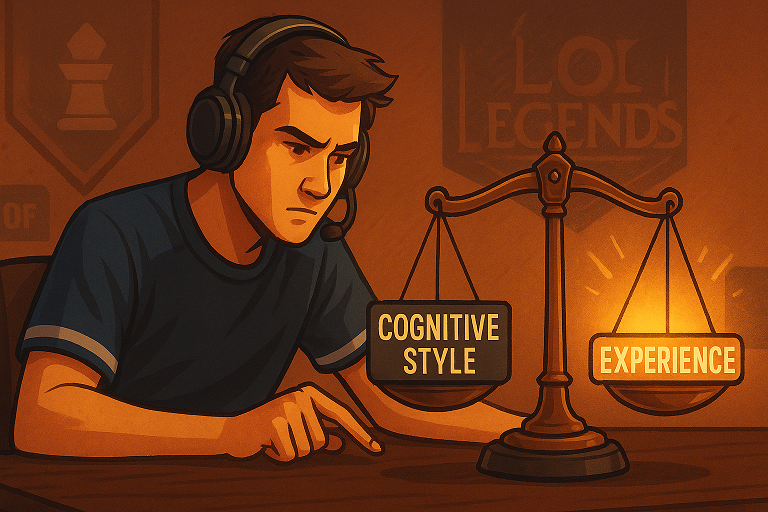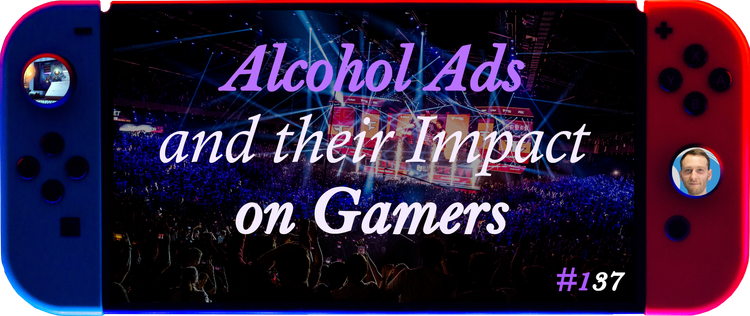Cognitive Styles Do NOT Improve In-Game Performance

Cognitive styles can predict better performance in sports. But what about esports? It should right(?), since gaming, for sure, is a cognitive activity. Let's see what the science says.
• Cognitive styles: consistent manner of how individuals acquire and process information.
• In sports such as chess and snooker, cognitive styles predict better performance.
• Data from 41 LoL players were analyzed: cognitive styles didn't predict better performance (rank).
• However, experience (years played and number of matches played) did predict a higher rank.
🧠 Cognitive Styles
Cognitive styles have a long history in research and describe a consistent manner of how individuals acquire and process information. Three cognitive styles that are often used in the context of gaming are:
- Field-dependence or field-independence, where field-dependent people find it difficult to identify geometric shapes in a complex image. The figure below shows an example of how a test looks like.
- Reflective or impulsive. Impulsive people tend to react quickly, when multiple options are available, and typically do not test alternative hypotheses.
- Rigidity or flexibility of cognitive control: In situations of a cognitive conflict, individuals with rigid cognitive control are less good at switching from verbal to sensory-perceptual functions their brains perform.

These cognitive styles were shown to be related to performance in cognitive sports such as chess and snooker. Hence, they (or some of them) may be a predictor for esports performance. To test this, the researchers collected data from 41 League of Legends players across all (besides Challenger) Tiers.
🫤 Some 'meh' Results
Interestingly, the researchers found none of the three cognitive styles to be a predictor of in-game performance. However—as expected—experience (measured as years playing) did predict performance. This means you can predict a player’s rank by knowing how many years of gaming experience he has. The same result was found when the researchers used "number of matches played", instead of years of gaming experience (since playing a game for many years does not mean you actually played the game very often).
📈 How Do You Improve Your In-Game Rank?
Although the sample size was pretty low, the authors argue that “one could assume that either with experience players become more reflective and probably more field-independent, or players with these styles are more likely to spend more time in LoL.” Experience, arguably, is an important component of performance, and likely more so than cognitive styles (at least the ones tested for). So, nothing beats experience, I guess (for now)—just play and train.
Have a great upcoming week, everyone. Cheers,
Christian 🙂







